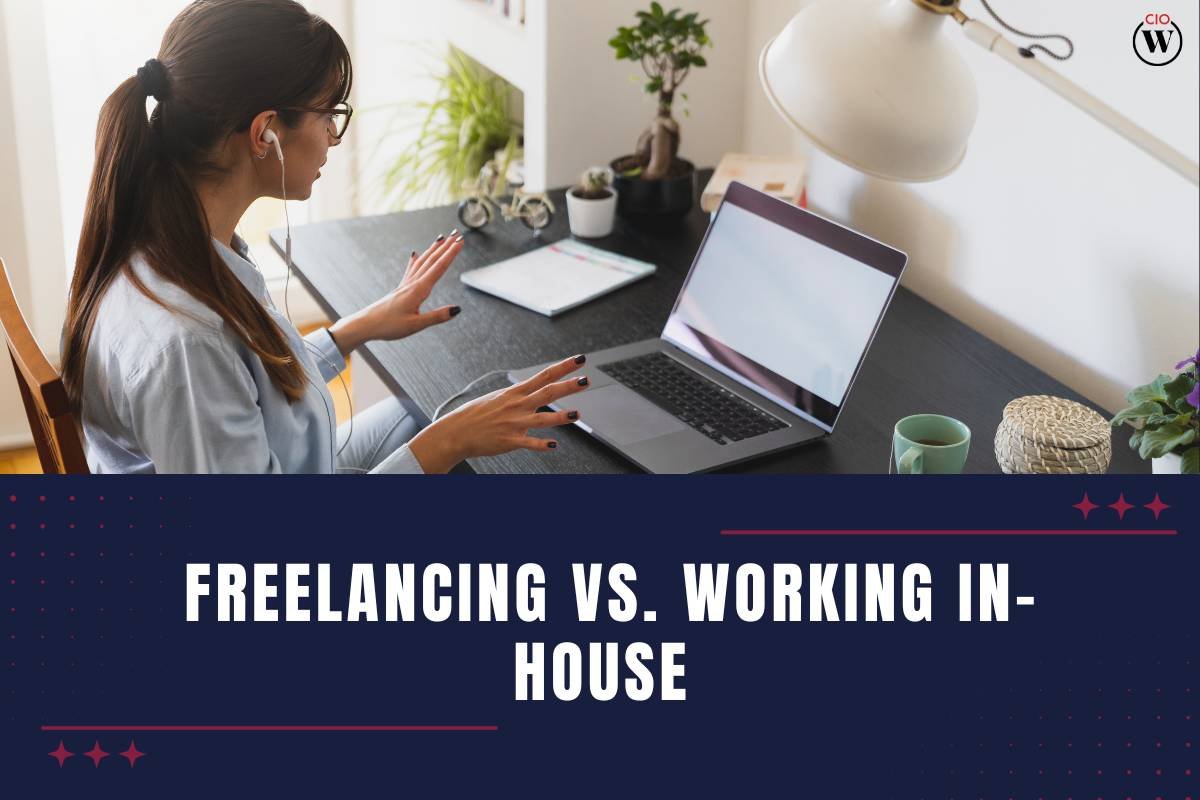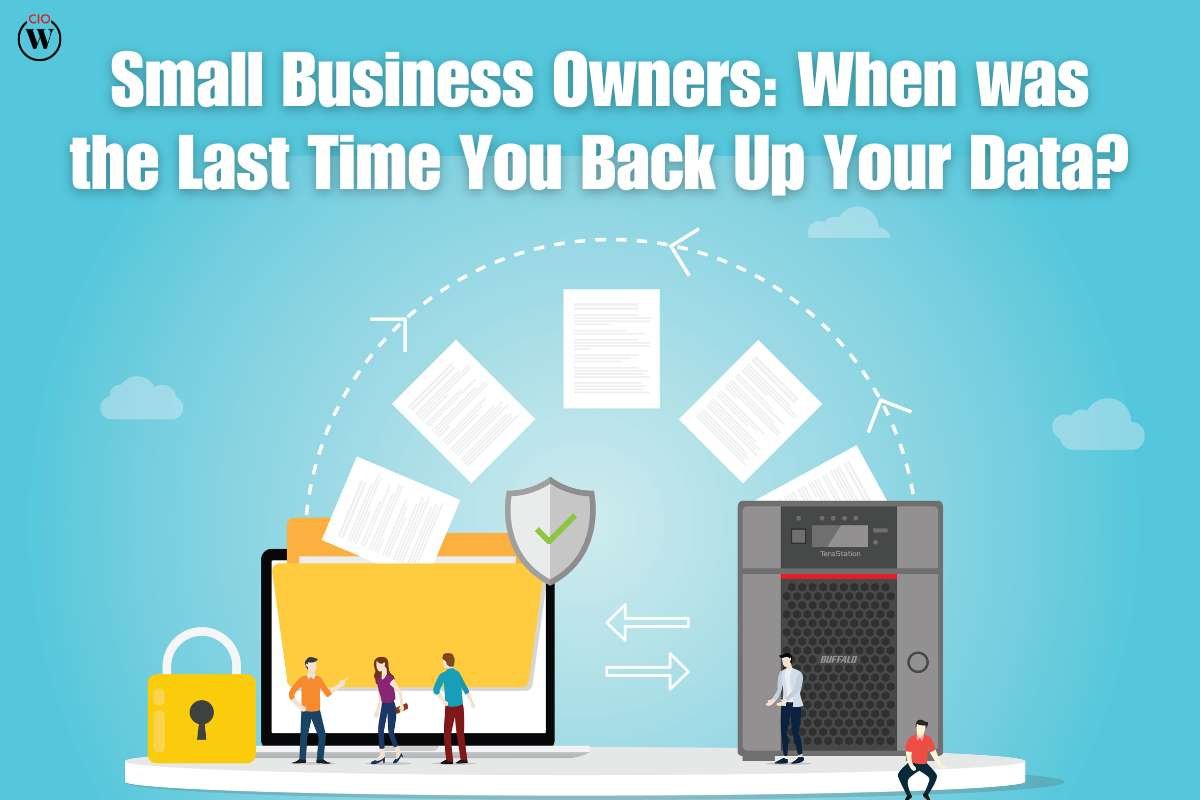In today’s dynamic job market, the choice between freelancing and working in-house has become a pivotal decision for many professionals. As the digital age continues to reshape traditional work structures, individuals are presented with increasingly diverse options for employment. The dichotomy between freelancing and working in-house represents two distinct paradigms, each with its unique set of advantages and challenges. In this article, we delve into the nuances of freelancing vs. working in-house, examining the factors that influence this decision and the implications for individuals navigating the modern workforce landscape.
The Rise of Freelancing:
The emergence of the gig economy has propelled freelancing into the mainstream, offering individuals greater autonomy and flexibility in their careers and sparking the debate, of ‘freelancing vs. working in-house’. Freelancing, characterized by working independently on a project basis, has gained popularity due to advancements in technology and the growing demand for specialized skills. With the rise of online platforms connecting freelancers with clients worldwide, the barriers to entry have significantly lowered, allowing individuals to market their services globally.

In the freelancing realm, professionals have the freedom to choose their projects, set their rates, and dictate their schedules. This autonomy enables greater work-life balance, as freelancers can tailor their workload to accommodate personal commitments and pursue diverse interests. Moreover, freelancing often provides opportunities for skill development and exposure to a wide range of industries, fostering continuous learning and professional growth.
However, freelancing is not without its challenges. The absence of a steady income stream and benefits such as health insurance and retirement plans can pose financial uncertainties for freelancers. Additionally, navigating client relationships and managing administrative tasks such as invoicing and taxation requires strong self-discipline and organizational skills. Despite these challenges, the allure of freelancing lies in its potential for independence and self-fulfillment, attracting individuals seeking a non-traditional career path.

Listing down the 10 best apps for freelancers to start their journey; 1. Upwork 2. Slack 3. Calendly 4. Grammarly 5. Loomly 6. Dropbox 7. Trello 8. Figma 9. PayPal 10. Ahrefs
The Appeal of Working In-House:
Contrary to freelancing, working in-house entails being employed by a company on a full-time or part-time basis, often within a traditional office setting. While freelancing offers autonomy, working in-house provides stability and a sense of belonging within a structured organizational framework. In-house employees typically receive a fixed salary, along with benefits such as health insurance, paid time off, and retirement plans, offering financial security and peace of mind.
Moreover, working in-house fosters collaboration and camaraderie among colleagues, facilitating teamwork and collective problem-solving. Employees benefit from mentorship opportunities, professional development programs, and career advancement prospects within the organization. The sense of community and shared purpose inherent in working in-house can enhance job satisfaction and overall well-being.

However, the traditional model of working in-house is not without its limitations. Employees may experience limited flexibility in terms of work hours and location, restricting their ability to accommodate personal priorities and lifestyle preferences. Moreover, hierarchical structures within organizations can impede creativity and innovation, stifling individual autonomy and initiative. As industries evolve rapidly in response to technological advancements and market dynamics, some professionals may find the rigid confines of working in-house constraining.
Navigating the Decision:
When weighing the pros and cons of freelancing vs. working in-house, individuals must consider their unique circumstances, career aspirations, and personal preferences. Freelancing offers unparalleled freedom and flexibility, making it an attractive option for those who prioritize autonomy and variety in their work. However, freelancers must be prepared to navigate the uncertainties of self-employment and assume responsibility for managing their finances and client relationships.
Conversely, working in-house provides stability and a supportive environment for professional growth, making it an appealing choice for those seeking long-term career advancement within a structured organization. However, employees may need to sacrifice some degree of autonomy and flexibility in exchange for the benefits and security offered by traditional employment arrangements.
Ultimately, the decision between freelancing vs. working in-house is subjective and contingent upon individual priorities and goals. Some professionals may thrive in the dynamic and entrepreneurial environment of freelancing, while others may prefer the stability and camaraderie of working in-house. It is essential to carefully assess one’s strengths, weaknesses, and risk tolerance before making a decision that aligns with their long-term aspirations.
The Future of Work:
As the nature of work continues to evolve, the distinction between freelancing vs. working in-house is becoming increasingly blurred. The rise of remote work and telecommuting has enabled individuals to work for companies located anywhere in the world, blurring geographical boundaries and expanding opportunities for collaboration. Moreover, the gig economy has prompted traditional organizations to embrace flexible work arrangements and adopt agile workforce strategies to remain competitive in a rapidly changing landscape.

In this context, the future of work is characterized by hybrid models that combine the autonomy of freelancing with the stability of traditional employment. Companies are increasingly outsourcing projects to freelancers and independent contractors to tap into specialized expertise while retaining core functions in-house. This shift towards a more fluid and adaptable workforce reflects the changing needs and expectations of both employers and employees in the digital age.
Conclusion:
Freelancing vs. working in-house represent two distinct yet interconnected facets of the modern employment landscape. While freelancing offers autonomy and flexibility, working in-house provides stability and a sense of belonging within a structured organizational framework. The decision between freelancing and working in-house is deeply personal and contingent upon individual priorities, aspirations, and circumstances.
As the boundaries between freelancing and working in-house continue to blur, professionals are presented with increasingly diverse options for employment. Whether pursuing the freedom of freelancing or the security of traditional employment, individuals must carefully evaluate their options and chart a course that aligns with their long-term goals and aspirations. In a rapidly evolving job market, adaptability, and resilience are key to thriving in the ever-changing landscape of work.
Also read: Moonlighting Vs. Freelancing: Which Path To Choose For Your Side Gig?









